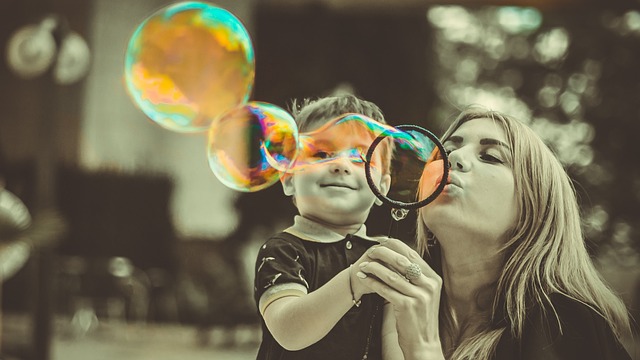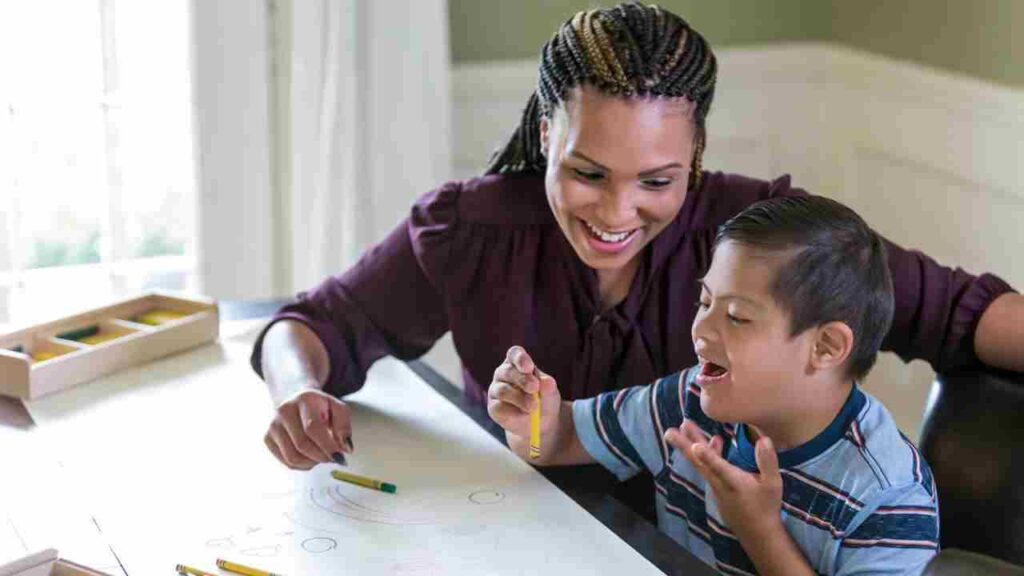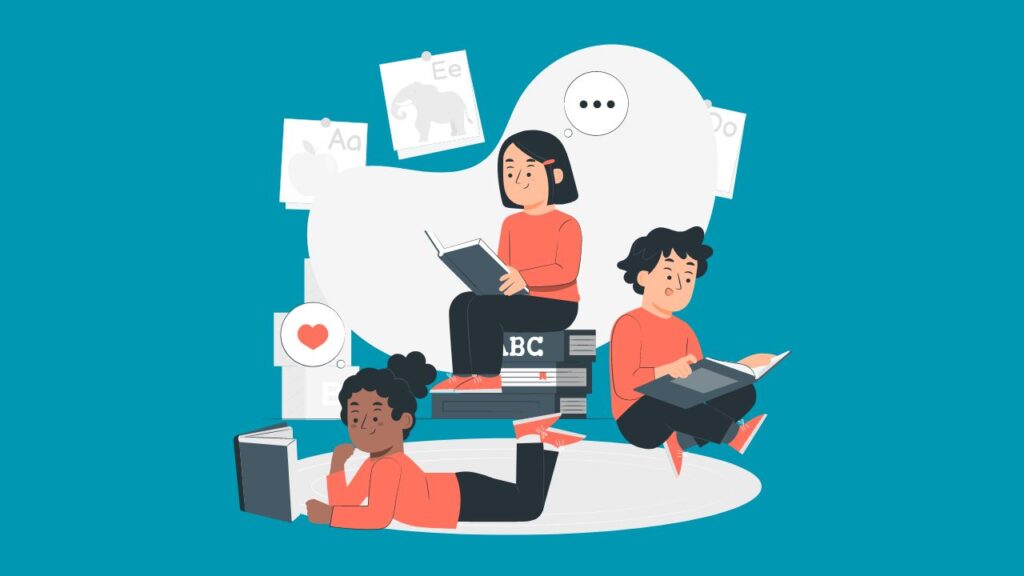In today’s society, it is crucial to recognize the significance of building strong relationships with children with disabilities. These children face unique challenges and require additional support and understanding from their families, educators, and communities.
By fostering positive connections, we can create an inclusive environment that empowers these children to reach their full potential and lead fulfilling lives. This article explores the importance of building strong relationships with children with disabilities and the positive impact it can have on their overall well-being and development.
Defining Disabilities

These conditions may affect a child’s ability to communicate, learn, move, or interact with others. It is crucial to recognize that disabilities do not define a child’s worth or limit their potential. Instead, they highlight the importance of creating an inclusive and supportive environment.
The Challenges Faced by Children with Disabilities
Children with disabilities often encounter numerous challenges in their daily lives. They may experience difficulties in accessing education, healthcare, and social opportunities. They may face stigmatization, exclusion, and limited resources, which can hinder their growth and development.
Moreover, these children may struggle with self-esteem, independence, and social interactions. By understanding these challenges, we can better address the unique needs of children with disabilities and foster stronger relationships with them.
Read also: Building Bridges for Lifelong Language Skills in Children
Benefits of Building Strong Relationships
1. Emotional Support and Well-being
Building strong relationships with children with disabilities provides them with vital emotional support. These children may experience feelings of isolation, frustration, or self-doubt due to their disabilities. However, when they have caring and understanding individuals in their lives, they feel valued, loved, and accepted.
Emotional support helps boost their self-confidence, resilience, and overall well-being. By nurturing positive relationships, we can help them develop a positive self-image and overcome any emotional hurdles they may face.
2. Educational Advancement
Strong relationships play a crucial role in the educational journey of children with disabilities. When educators, parents, and caregivers establish open lines of communication, they can work together to develop effective strategies for inclusive education.
These relationships promote collaboration and ensure that the child’s unique learning needs are met. By fostering partnerships between schools, parents, and support networks, we can create an environment that fosters educational advancement and empowers these children to thrive academically.
3. Social Integration
Social integration is a fundamental aspect of a child’s development, and it holds particular importance for children with disabilities. Strong relationships provide opportunities for social interactions, helping these children build friendships, engage in activities, and participate in community events.
When they have positive connections, they are more likely to feel included and valued, reducing the impact of social isolation. By facilitating social integration, we can create a society that embraces diversity and promotes equal opportunities for all children.
4. Holistic Development
Building strong relationships contributes to the holistic development of children with disabilities. These relationships provide a foundation for physical, emotional, cognitive, and social growth. When children feel supported and understood, they are more willing to explore their interests, learn new skills, and take on challenges.
Strong relationships also encourage the development of essential life skills such as communication, problem-solving, and self-advocacy. By focusing on holistic development, we empower children with disabilities to lead independent and fulfilling lives.
Read also: How to Help Children with Disabilities to Thrive in the Classroom
Strategies for Building Strong Relationships

1. Empathy and Understanding
Developing empathy and understanding is essential when building relationships with children with disabilities. Take the time to learn about their specific condition and how it may impact their daily life.
This knowledge will enable you to approach interactions with empathy and create a supportive environment that addresses their individual needs.
2. Effective Communication
Communication is the foundation of any strong relationship. When engaging with children with disabilities, it is crucial to use clear and concise language, adjust your communication style as needed, and be patient in your interactions.
Encourage open dialogue, actively listen to their thoughts and feelings, and provide them with opportunities to express themselves comfortably.
Read also: What Are the Main Difficulties of Students With Autism?
3. Collaboration and Partnership
Collaboration between parents, educators, therapists, and other relevant stakeholders is vital for building strong relationships with children with disabilities.
By working together as a team, you can share insights, exchange ideas, and develop comprehensive strategies to support the child’s growth and development effectively. Regular communication and joint decision-making will contribute to the child’s overall well-being.
4. Individualized Support
Recognize that each child with a disability is unique, and their support needs may differ. Tailor your approach to meet their individual requirements and preferences.
Implement personalized strategies that address their strengths, challenges, and goals. By providing individualized support, you can build trust, enhance their capabilities, and foster a sense of empowerment.
5. Encouragement and Positive Reinforcement
Children with disabilities may face obstacles and setbacks, making it essential to offer encouragement and positive reinforcement.
Celebrate their achievements, no matter how small, and acknowledge their efforts. Providing praise and recognition will boost their self-confidence, motivation, and resilience.
6. Inclusion and Participation
Create inclusive environments that encourage active participation. Ensure that children with disabilities have equal opportunities to engage in activities, clubs, and social events.
Promote an inclusive mindset among peers, educators, and the broader community to foster a sense of belonging and acceptance.
7. Education and Awareness
Education and awareness play a significant role in building strong relationships with children with disabilities. Increase your understanding of disabilities through training, workshops, and research. Share this knowledge with others to dispel myths, reduce stigma, and create a more inclusive society.
Read also: The Benefits of Assistive Technology for Children with Disabilities
Conclusion
Building strong relationships with children with disabilities is crucial for their well-being, growth, and development. By fostering empathy, effective communication, collaboration, and individualized support, we can create an inclusive environment where these children can thrive. Encouragement, inclusion, and education are vital components in building these relationships and promoting a society that values and supports every child, regardless of their abilities. Let us embrace the importance of these connections and work together to empower children with disabilities to reach their full potential.






